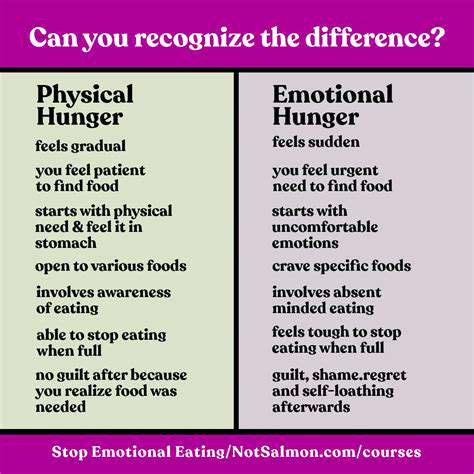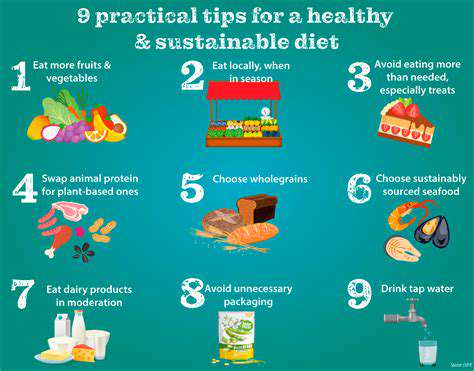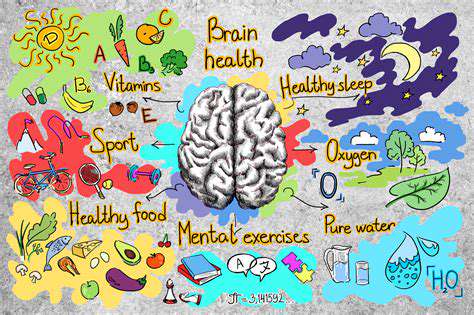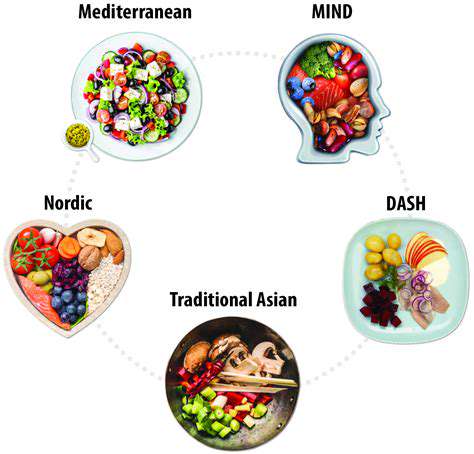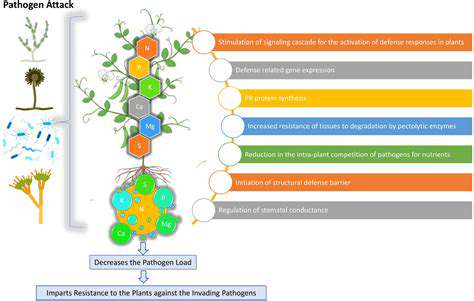Discover expert insights and practical advice on achieving muscle gain with plant-based nutrition, balancing hormones with a ketogenic diet, incorporating Ayurvedic principles into daily life, preparing low-carb lunches for work and school, and using TCM for a balanced weight loss approach
Healthy Substitutes for Your Favorite Junk Foods
Aug 24, 2025
The Benefits of Mindful Eating for Weight Loss
Aug 23, 2025
GAPS Diet Success Stories: Inspiring Transformations
Aug 21, 2025
Gluten Free Baking Hacks for Delicious Results
Aug 21, 2025
Magnesium for Muscle RelaxationMagnesium is a vital mineral known for its role in muscle relaxation and nervous system regulation. Adequate magnesium intake can help reduce muscle tension and promote calmness, making it easier to fall asleep and stay asleep. Foods rich in magnesium include leafy greens, nuts, seeds, whole grains, and legumes. If dietary sources are insufficient, magnesium supplements may be beneficial; however, consult with a healthcare provider before starting any new supplement regimen. Other Sleep-Enhancing Nutrients- Tryptophan: An amino acid found in turkey, dairy, and nuts that promotes the production of serotonin and melatonin, hormones involved in sleep regulation.- Melatonin-rich foods: Cherries, grapes, and tomatoes contain natural melatonin that can help regulate your sleep-wake cycle.- B Vitamins: Especially B6 and B12, found in fish, eggs, and dairy, which support nervous system health and sleep. Practical Tips for Better Sleep Through Nutrition- Incorporate magnesium-rich foods into your dinner to facilitate muscle relaxation before bedtime.- Limit caffeine and sugar intake in the hours leading up to sleep.- Maintain a consistent eating schedule to support your circadian rhythm.- Avoid heavy, spicy, or greasy foods close to bedtime to prevent discomfort and indigestion.- Consider natural supplements like tart cherry juice or herbal teas (e.g., chamomile) that may promote relaxation. ConclusionOptimizing your diet with sleep-supporting nutrients is a natural and effective way to improve your sleep quality. Prioritizing magnesium and other key nutrients can help reduce muscle tension, regulate your sleep cycle, and promote restful nights. By making mindful food choices and adopting healthy eating habits, you can support your body's natural sleep processes and enjoy better health and vitality.For personalized advice, consult with a healthcare professional or a registered dietitian to tailor a nutrition plan that best suits your needs and lifestyle.
Aug 20, 2025
Understanding Different Types of Dietary Fats
Aug 20, 2025
The Role of Whole Grains in Preventing Disease
Aug 19, 2025
Acupuncture for Pain Relief: A Holistic Approach
Aug 19, 2025
Delicious & Nutritious Smoothies for Every Goal
Aug 18, 2025
Integrating TCM with Western Medicine: A Synergistic Approach
Aug 17, 2025

